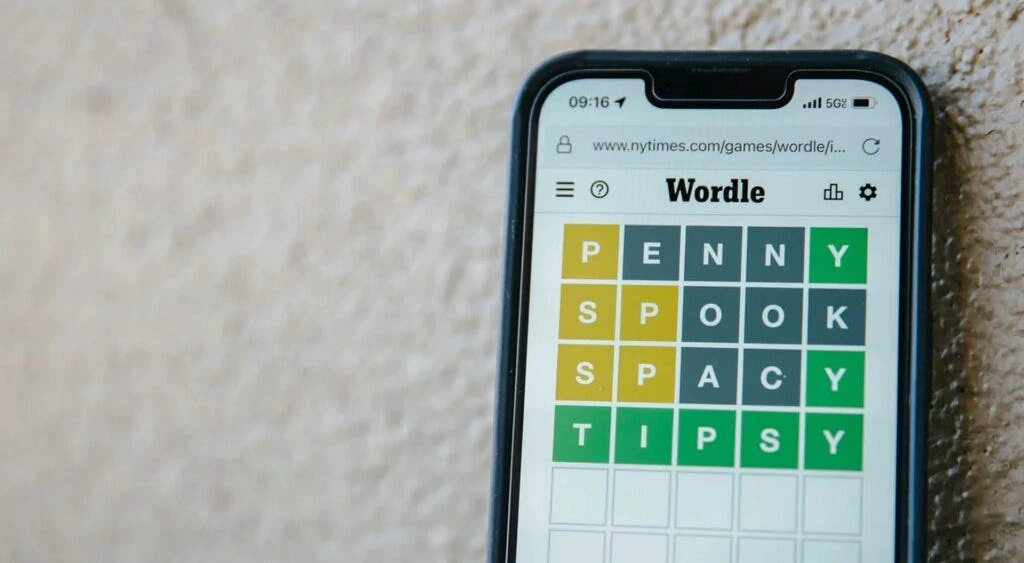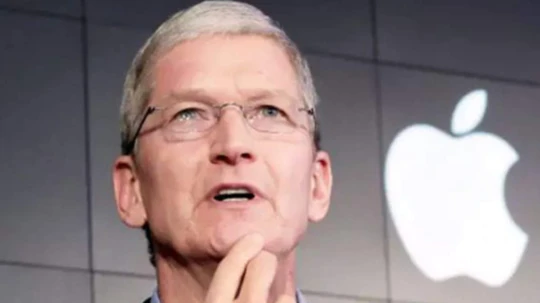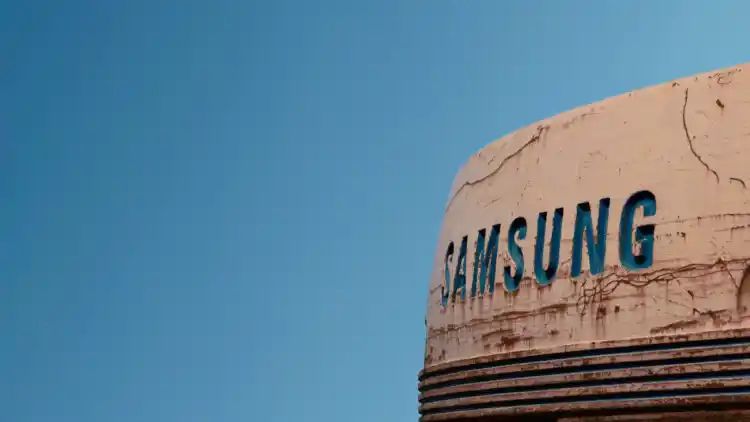Remember Wordle? The Viral Puzzle Game Is Back In Spotlight As The NYT Fights Off Its Clones

The popular word game Wordle, now owned by The New York Times, has become the center of a copyright enforcement campaign as the media giant has taken legal action against several imitations of the game.
What Happened: 404 Media reported that the Times is actively pursuing copyright takedowns against various Wordle clones on GitHub.
These clones mimic the game’s unique 5×6 tile layout and color feedback system, which have become synonymous with Wordle since the Times acquired it in 2022.
Previously, the focus was on non-English versions, but now the Times has issued a DMCA notice against Reactle, an open-source project, and its derivatives.
Reactle’s developer has complied by removing the game to avoid further legal conflict.
Despite the Times’ stance on protecting its intellectual property, Wordle itself has been scrutinized for its similarities to the 1980s game show Lingo.
Why It Matters: Wordle’s journey from a simple pastime to a global phenomenon began during the COVID-19 pandemic when creator Josh Wardle developed the game as a diversion for himself and his partner.
The game quickly captured the attention of millions, including high-profile individuals like Microsoft Corp. co-founder Bill Gates, who admitted to being hooked on the daily challenge.
The Times’ recent actions underscore the game’s value to the company, not just as a viral sensation but as a protected asset. The enforcement against clones reflects the Times’ commitment to safeguarding its intellectual property rights, especially given Wordle’s significant role in the company’s digital strategy.
The takedown of Reactle and its forks on GitHub also highlights the complexities of copyright law in the digital age, where the line between inspiration and infringement can be blurred.
The situation with Wordle clones is a testament to the challenges that creators and companies face in defending their creations while fostering innovation and creativity in the online space.
Disclaimer: This content was partially produced with the help of Benzinga Neuro and was reviewed and published by Benzinga editors.





